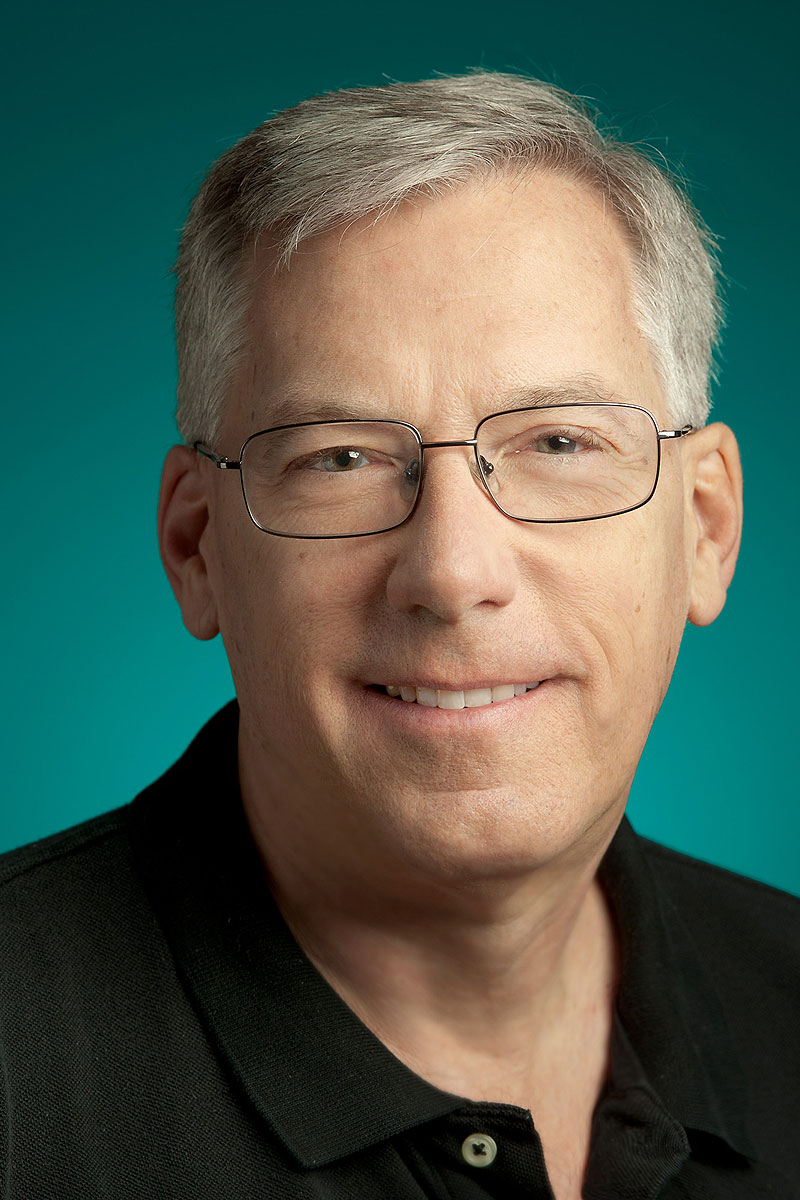
Why AI, Hollywood and the Human Supply Chain are on the Mind of Microsoft’s Chief Economist
Upskilling for the Digital Revolution
How will AI make us richer? What do Hollywood blockbusters have to do with optimising your workforce? Will the rise of the technological revolution make us more productive?
These might not be questions the average person spends much time contemplating, but they’re all key to Microsoft’s vision of the future and its role as a force for global good in an era of unprecedented technological change.
As a result, they’re all things you’re likely to find on the mind of Microsoft chief economist, Preston McAfee.
The role of the chief economist
“Chief economist” might actually be a slight misnomer – most of the Fortune 500 employ someone with the same job title. However, these staffers are by and large macro-economists; those who forecast the widespread effects of things like GDP, inflation and so on. McAfee’s role, on the other hand, is all about micro-economics – a skill increasingly in demand at many of the world’s biggest tech companies – which focuses on the behaviour of individuals and firms.
McAfee’s former employers, Yahoo and Google, as well as many other tech companies, such as Uber, Airbnb and Zillow, have teams of micro-economists. Why? Because they can be an invaluable aid in disciplines as diverse as product design, corporate strategy, and public policy, according to Stanford professor, Susan Athey.
“This is a great time for economists in tech companies — the most interesting firms in Silicon Valley are hiring chief economists as well as economic teams at a very rapid clip,” she wrote on Quora last year. “Overall, adding one economist to a team can bring a really valuable alternative perspective, and I’m not at all surprised that all the top tech firms are hiring them.”

.
The value of market design
Athey was at pains to point out that “each tech company, and each chief economist, is different”. So what does McAfee’s role at Microsoft involve?
Around half of his team’s responsibilities lie with pricing and related activities, he explains:
“Macro-economics isn’t much of a guide to pricing. On the other hand, micro-economics is. So we do things like competitive models … and demand estimation – what the demand is for Surfaces or Azure, but taking into account the competitive landscape, how this will affect our competitors and what their likely reactions will be,” McAfee continues.
“Because we’re focused at the individual market level and not the overall economy level we have a very different perspective on the cause and benefits of pricing.”
The second major part of his work with Microsoft comes in the form of market design; a relatively new economics discipline. To paraphrase the Harvard Business Review, market design is all about learning the “rules and procedures” that make markets work well and badly, so they can be fixed when they’re broken or built from the ground up when they’re missing. It’s an area which dominated McAfee’s work in previous chief economist roles, where he helped to calculate optimal auction types in the search advertising market.

“The thing that I’m very passionate about is to use market design not just for Microsoft but for Microsoft’s customers,” he says. “If your customer is a government, they’re not typically interested directly in Microsoft’s products, they’re interested in making the lives of their citizens better. So how do you bridge the gap between our products and the lives of citizens?”
A market design approach can help in this instance by maximising the amount of public funding available for specific projects, he adds, explaining a recent engagement with the Polish government, which is currently wrestling with housing market challenges which could have a major impact on the well-being of its citizens.
“What’s nice from Microsoft’s perspective is that often the answers involve a fair amount of cloud computing,” he adds. “So, while I’m over talking with government officials about how to address the problems they face, in the background this helps us show how our products are actually relevant for the problems at hand.”

.
Hollywood and the power of AI
This blend of economics, technological innovation and social betterment is at the heart of McAfee’s work at Microsoft. So, where’s the future heading? Much has been written about the so-called Fourth Industrial Revolution, a new era powered by cloud computing, robotics, AI, IoT, driverless cars and much more that could change the way we live and work forever.
Some estimates claim that change is currently happening 10 times faster and at 300 times the scale of the first industrial revolution, which makes its impact several thousand times greater.
That’s led to plenty of doom-laden predictions that these technological advances will have a negative impact on the jobs market. However, Microsoft and its chief economist remain resolutely optimistic about the potential of digital transformation to be a force for economic and social good. In fact, he says, artificial intelligence (AI) will help firms do much more to maximise the value of their most precious asset: their employees.
“Most employees’ activities weren’t digital in 1980. Now they are. So, by applying machine intelligence to employees we’ll get better at deploying people in the organisation,” he explains. “Task assignment; ensuring the team has the right components, the right skills. Today most of that activity relies on dumb luck, and we rarely get the best person for a particular job.”
In the future, organisations will instead harness the power of AI to move individual roles and teams more rapidly and effectively, lengthening the “human supply chain”. It’s a model analogous to how Hollywood movies are made, where individual actors, producers, writers and others are brought together to work on a particular project – chosen specially because of a unique set of skills relevant to that project. Then, when it’s over, they disband and the cycle begins again as they’re brought together with others on new projects.
Microsoft is one of the best positioned in the market, thanks to platforms like LinkedIn and Active Directory, to make this Hollywood-style set-up a reality for organisations, argues McAfee. Firms in tech, legal, consulting and finance may benefit first from this “nimble assignment model”, but it’s likely to impact a broad sweep of sectors, he says.

.
Upskilling for the future
As this digital transformation accelerates, there will also be an increase in demand for educational tools to help employees master new technologies to stay productive. It’s an area LinkedIn has already invested heavily in and is well placed to support, McAfee explains.
In the end, whether you have an optimistic of dystopic view of where the world’s heading depends on whether you think AI and other developing technologies will provide opportunities to acquire more skills or fewer. McAfee is very much in the former camp.
“What makes us rich is skills. The first steam engines didn’t give rise to a middle class; it made a small number of very rich people and a large number no better off. It wasn’t until the second industrial revolution and the advent of automated assembly lines that we got a middle class, because people got paid for their skills,” he concludes.
“I’m hopeful that AI will empower people, requiring us to master new skills to become more productive than ever.”














